The paradise on the north, the land of fjords and Vikings.
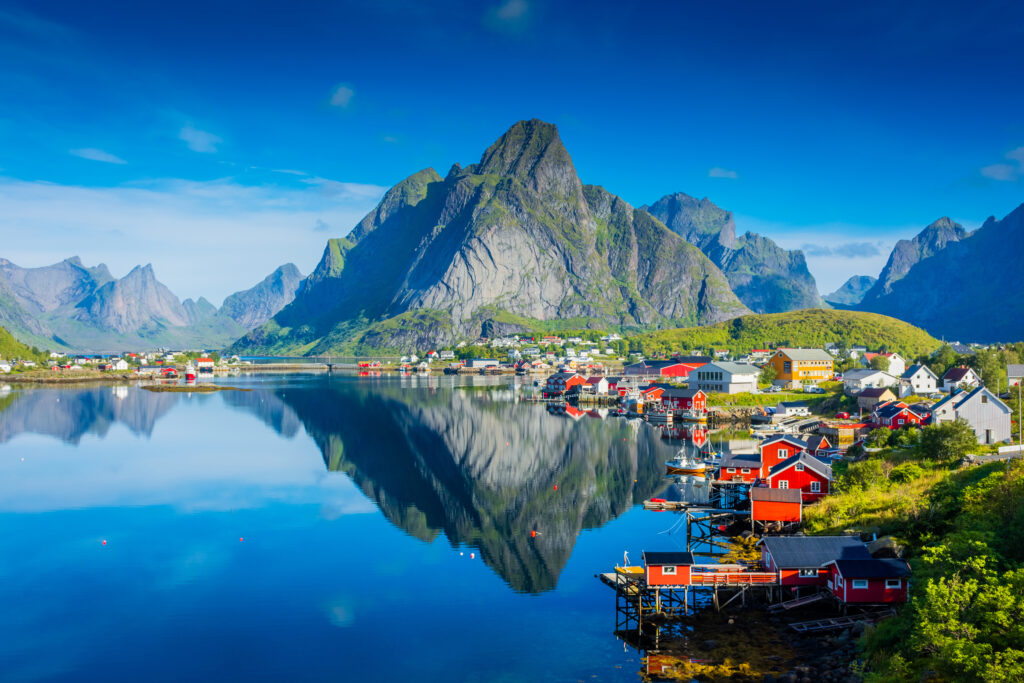
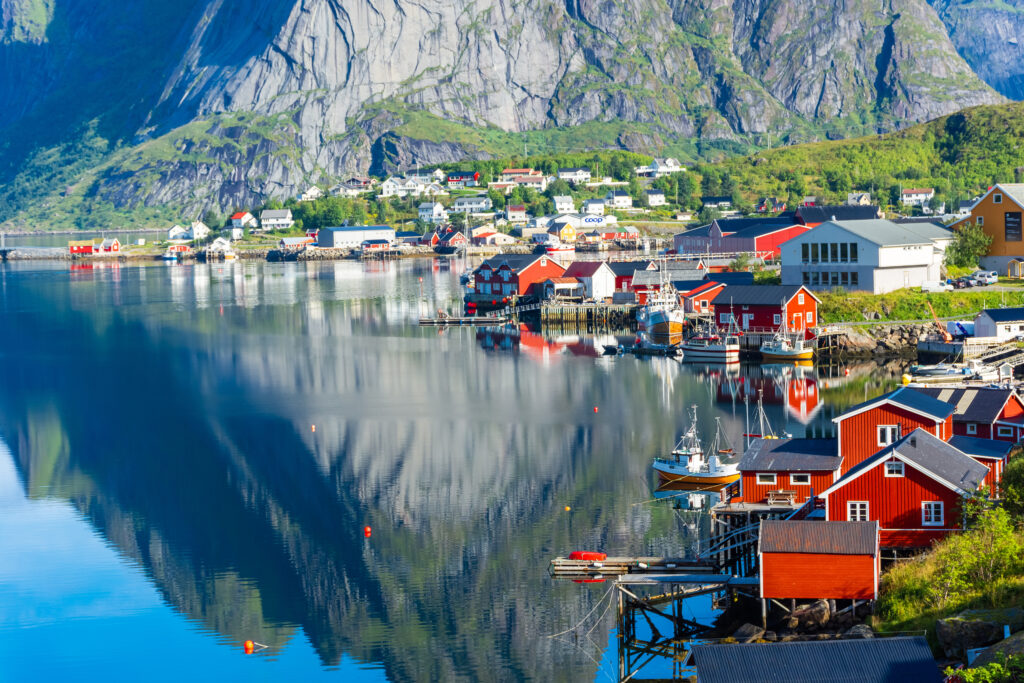
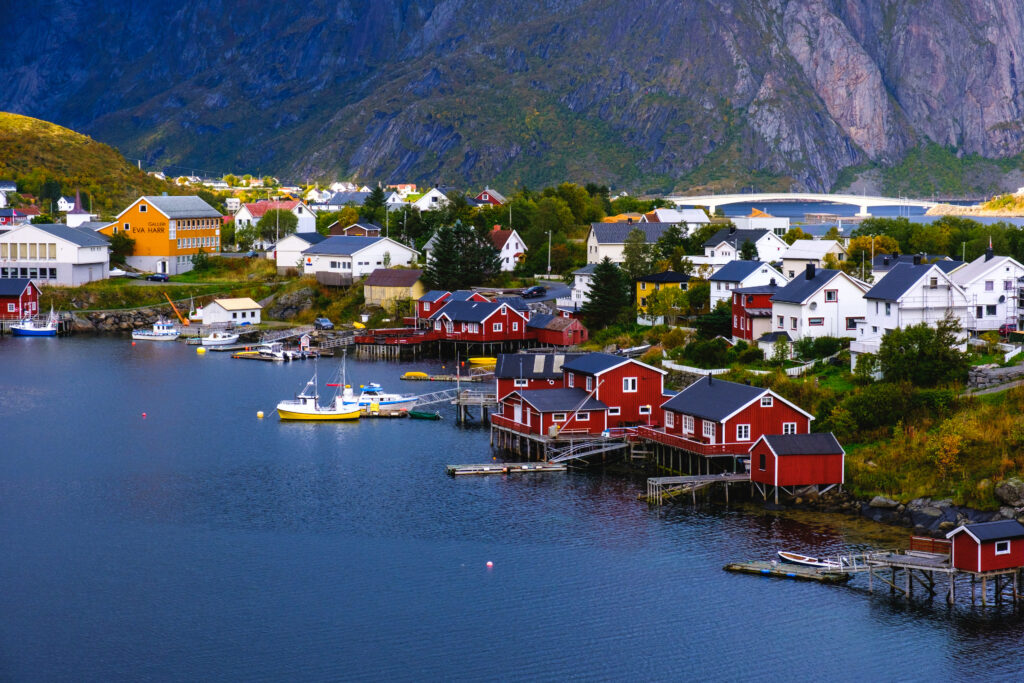
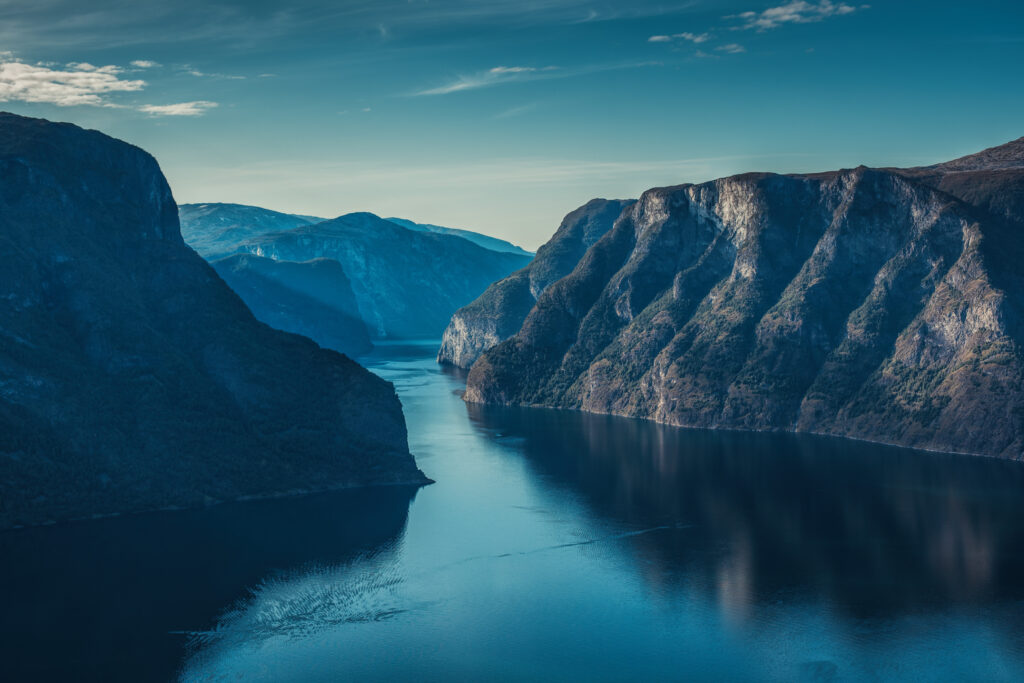
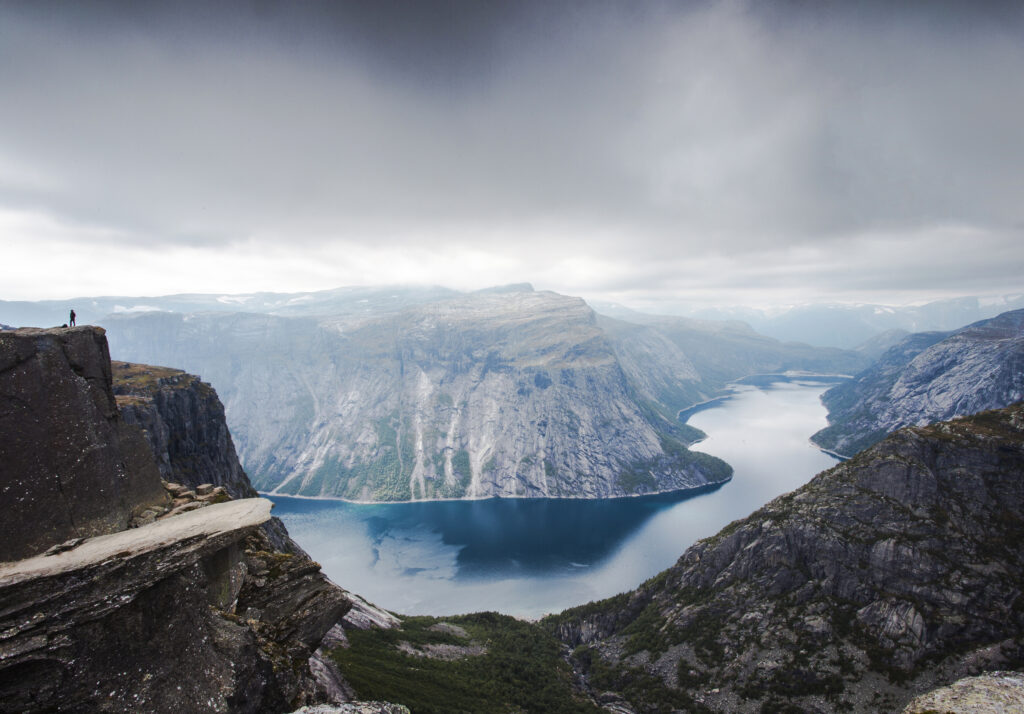
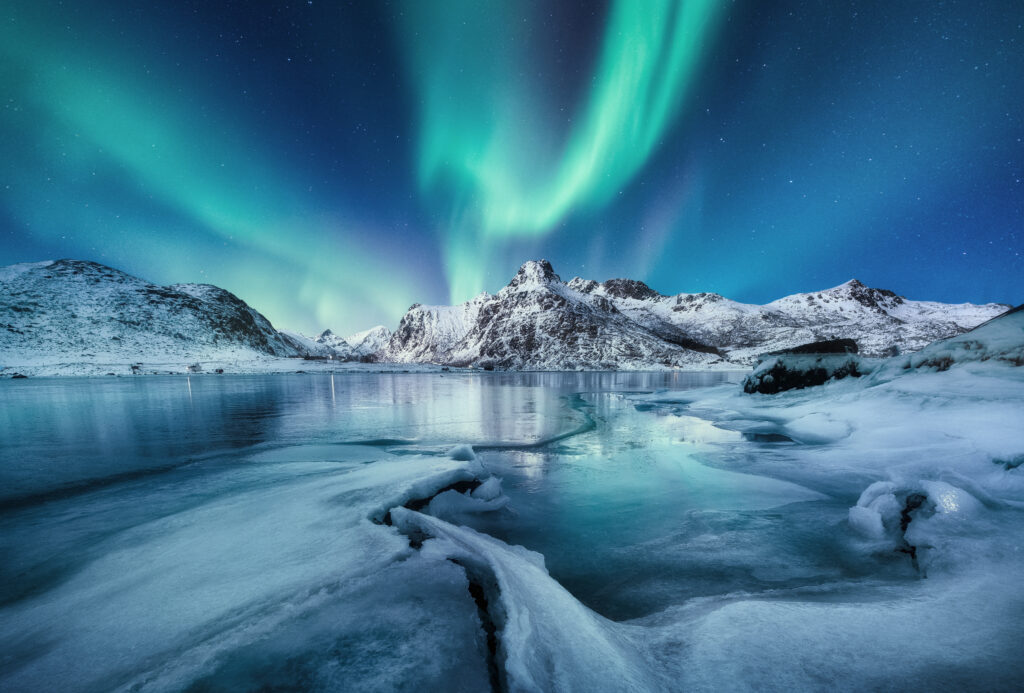
Norway is a Scandinavian country in Northern Europe, is known for its stunning fjords, vibrant cities, and strong social welfare system. Oslo, the capital, is a hub of culture and innovation. The country boasts breathtaking natural landscapes, including mountains, glaciers, and coastal regions. Norway is also renowned for its commitment to sustainability and environmental protection, being a global leader in renewable energy production, particularly hydroelectric and wind power. Additionally, Norway is famous for its Viking heritage, rich history, and contributions to literature, arts, and exploration.
History of Norway
- Viking Age: Norway’s history is often associated with the Viking Age, roughly from the late 8th century to the mid-11th century. Norwegian Vikings were skilled sailors, warriors, and traders who raided and explored wide areas of Europe, the North Atlantic, and even reached North America.
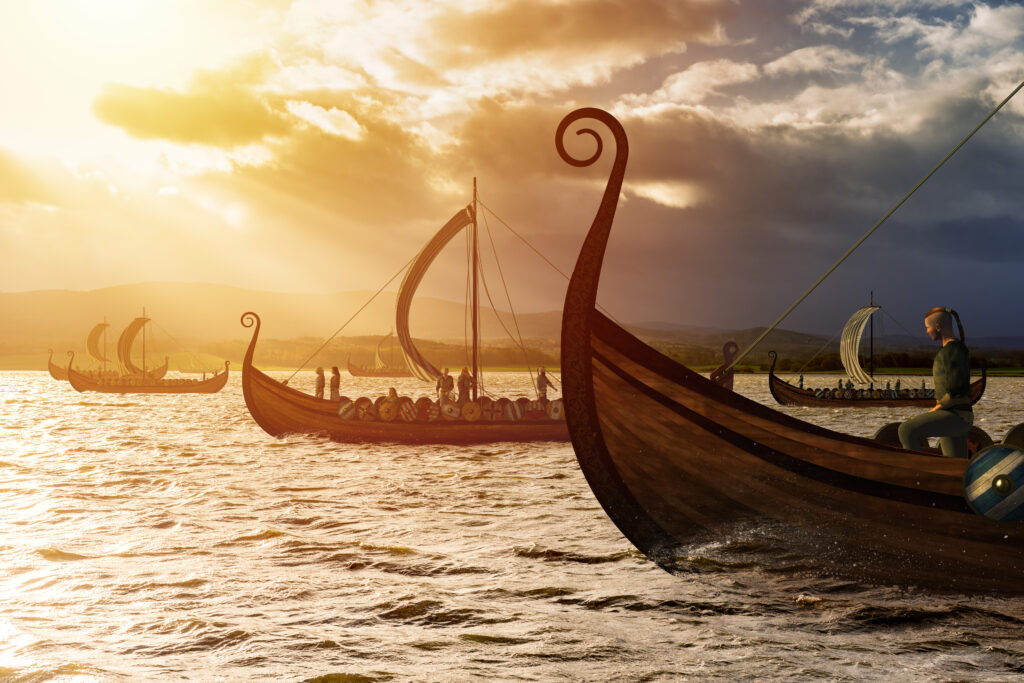
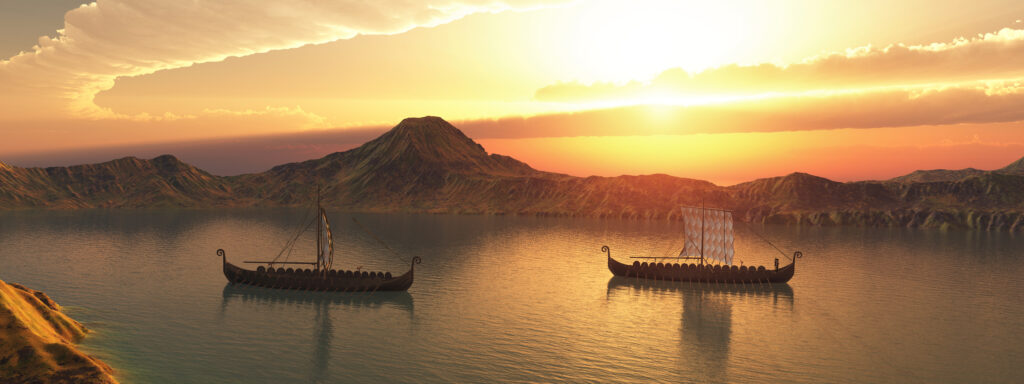
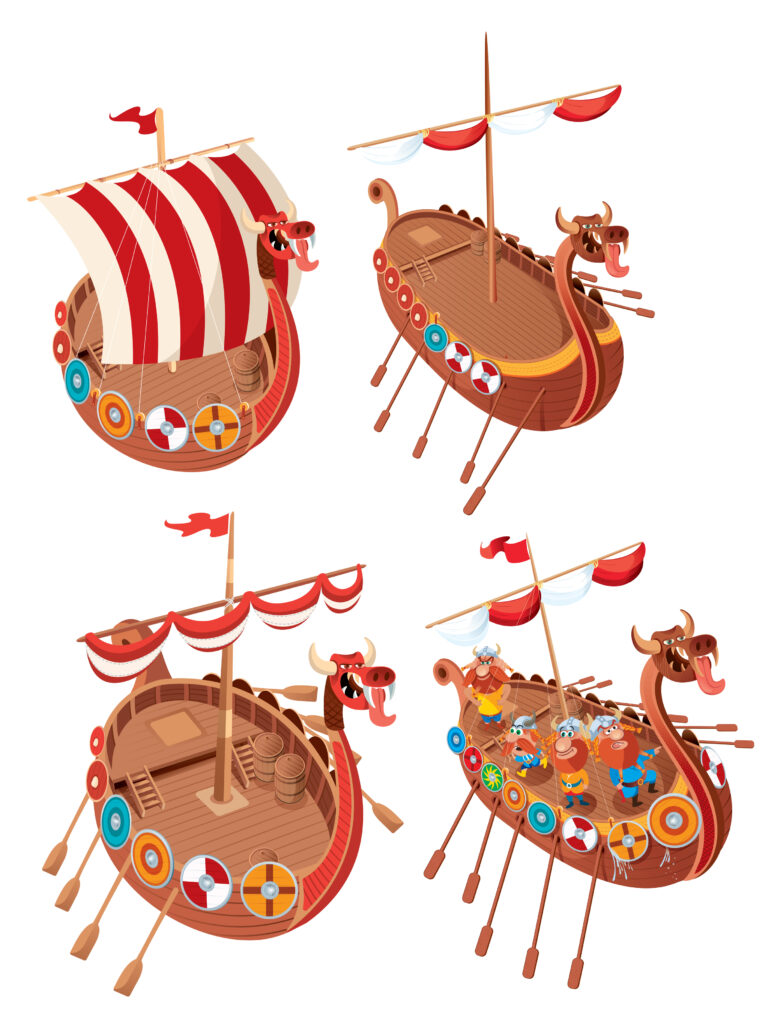
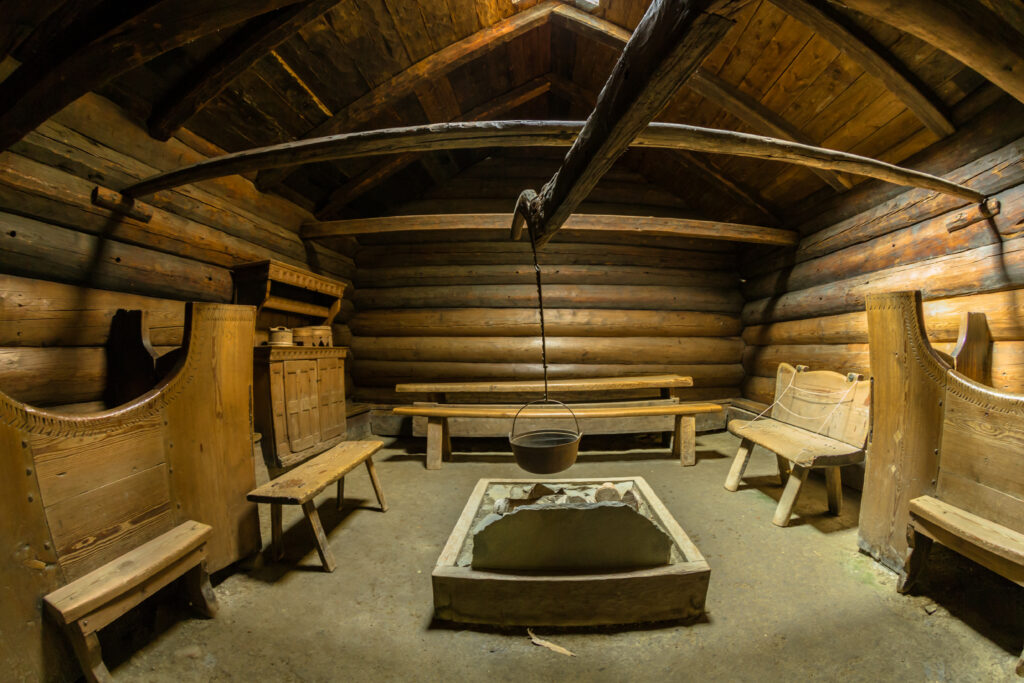
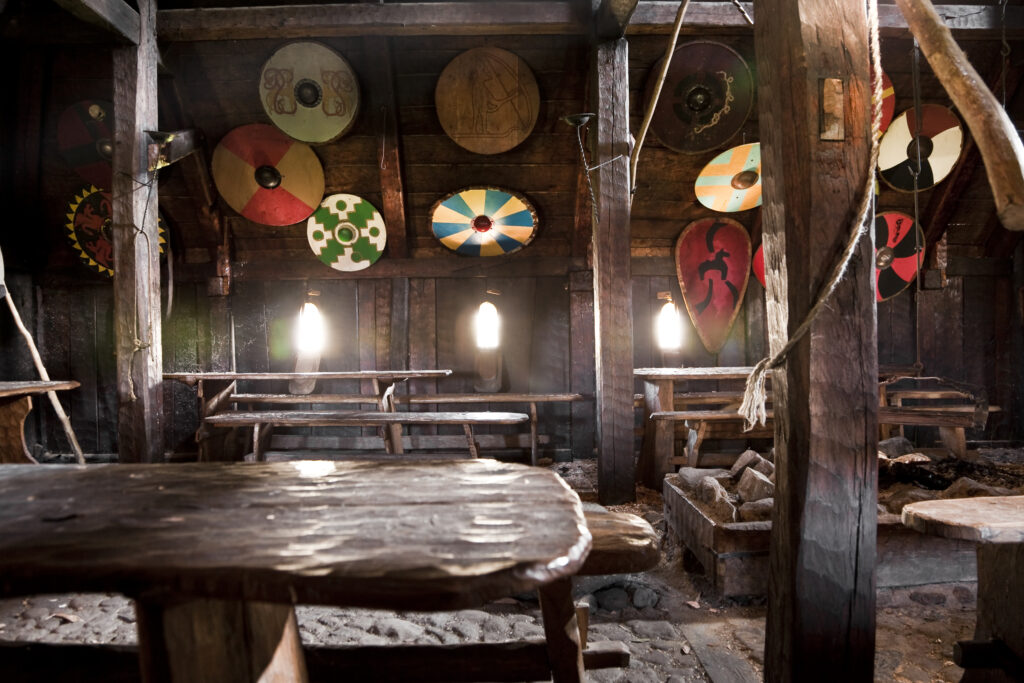
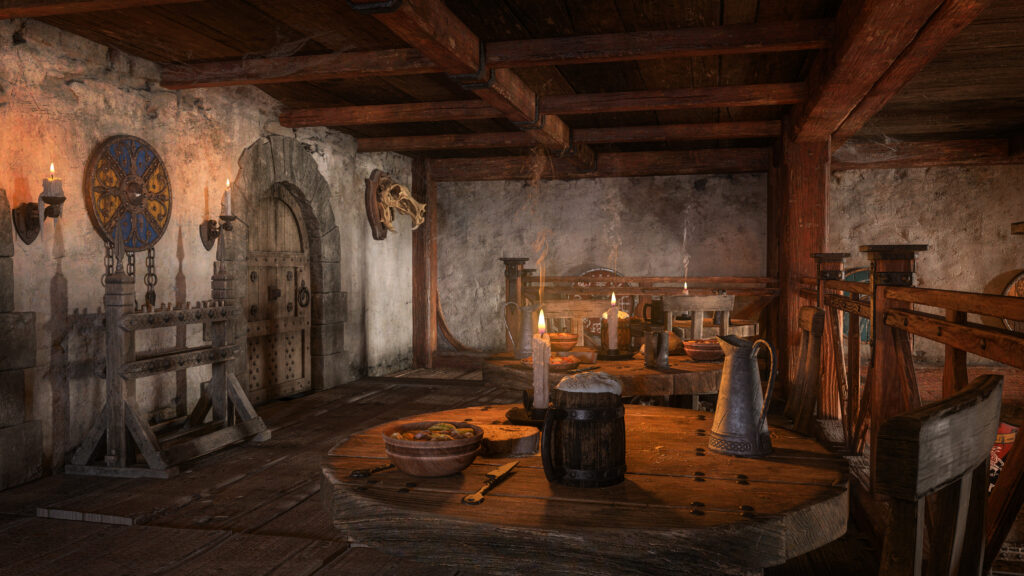
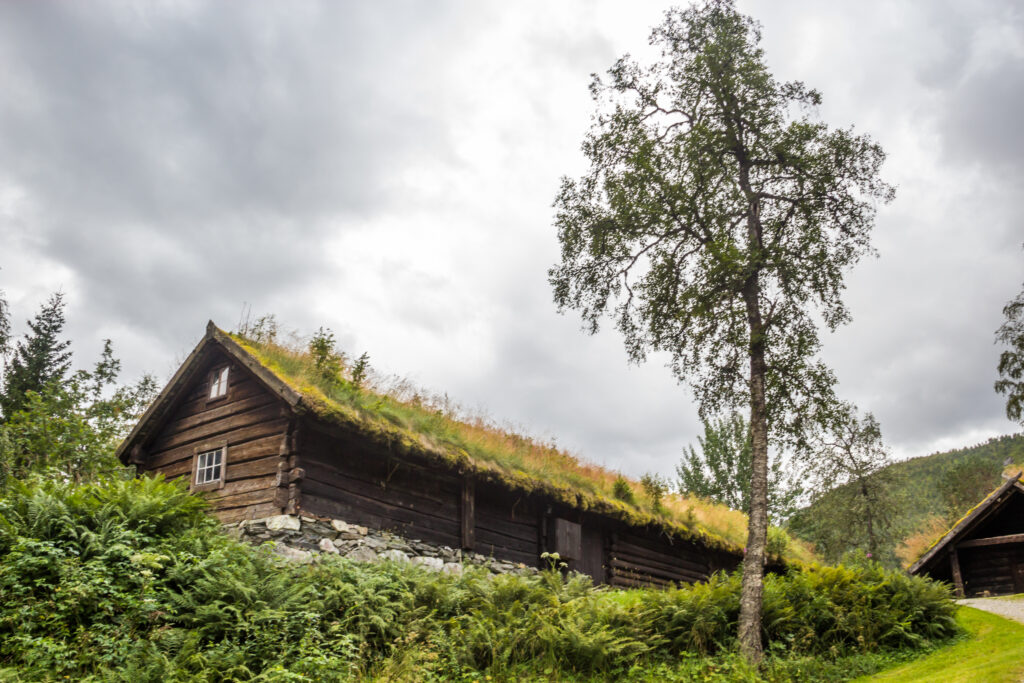
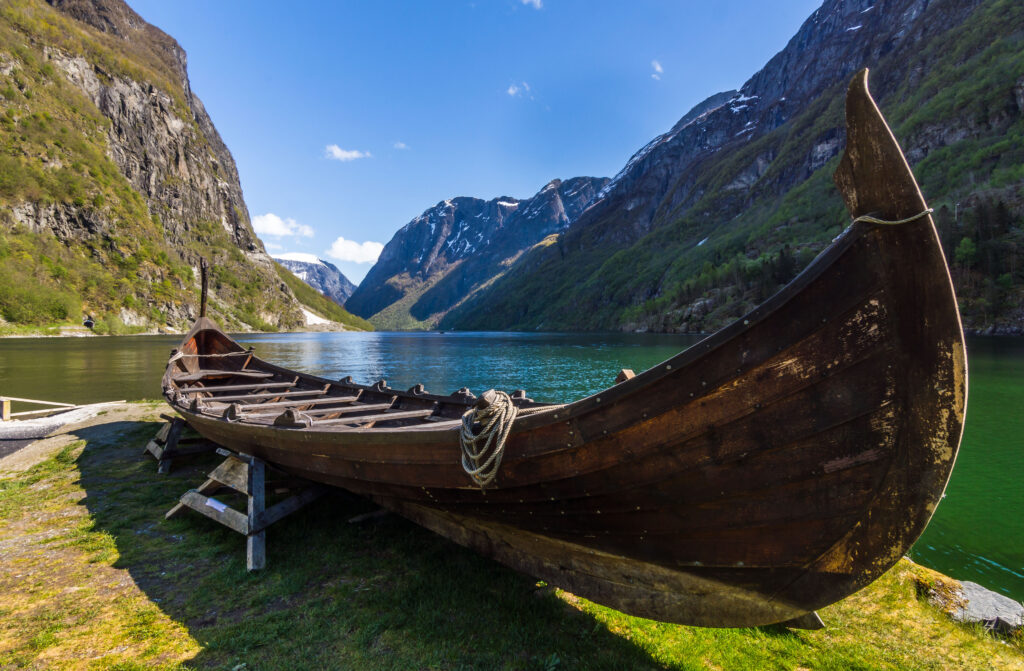
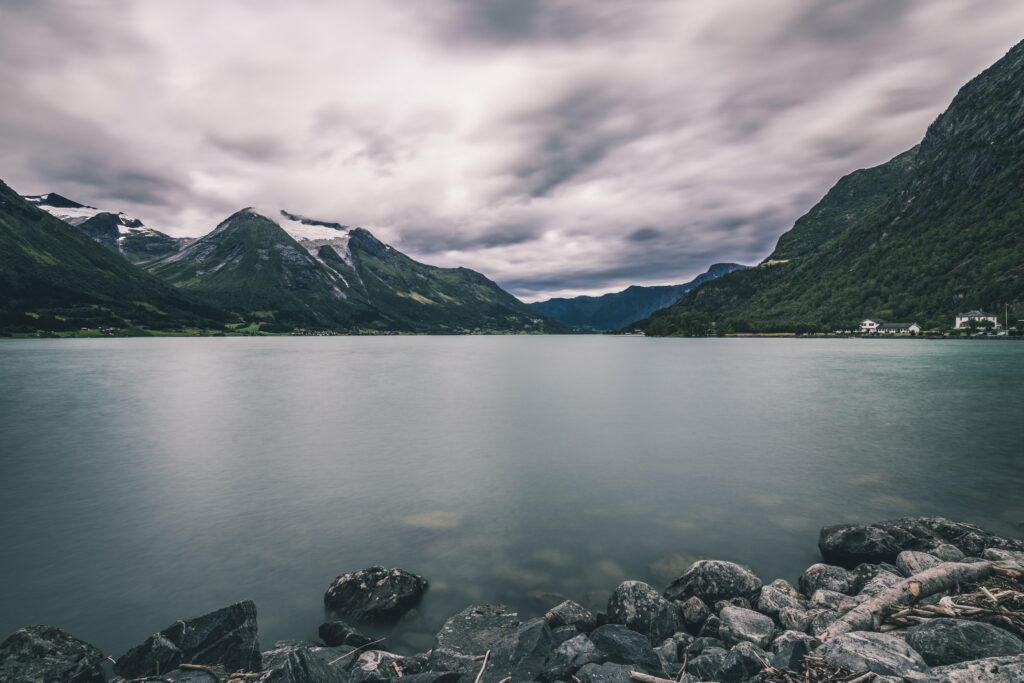
2.Unification: In the 9th century, Harald Fairhair, often considered the first king of Norway, unified the petty kingdoms under his rule. This marked the beginning of a more centralized Norwegian state.
3.Union with Denmark: Norway entered into a union with Denmark in the 14th century, a period that lasted for more than four centuries. This union significantly influenced Norwegian politics, culture, and economy.
4.Union with Sweden: Following the Napoleonic Wars, Norway was ceded to Sweden in 1814, after the dissolution of the union between Denmark and Norway. However, Norway retained a degree of autonomy, with its own constitution and parliament.
5.Independence: Norway peacefully dissolved the union with Sweden in 1905, asserting its independence. Prince Carl of Denmark was elected as King Haakon VII of Norway, marking the beginning of the modern Norwegian monarchy.
6.World War II: Norway was occupied by Nazi Germany during World War II, from 1940 to 1945. The Norwegian resistance played a significant role in opposing the occupation, and Norway was liberated with the end of the war.
7.Modern Norway: After World War II, Norway experienced rapid economic growth and development, fueled by its natural resources, particularly oil and gas. Norway has since become one of the wealthiest and most developed countries in the world, known for its high standard of living, social welfare system, and commitment to environmental sustainability.
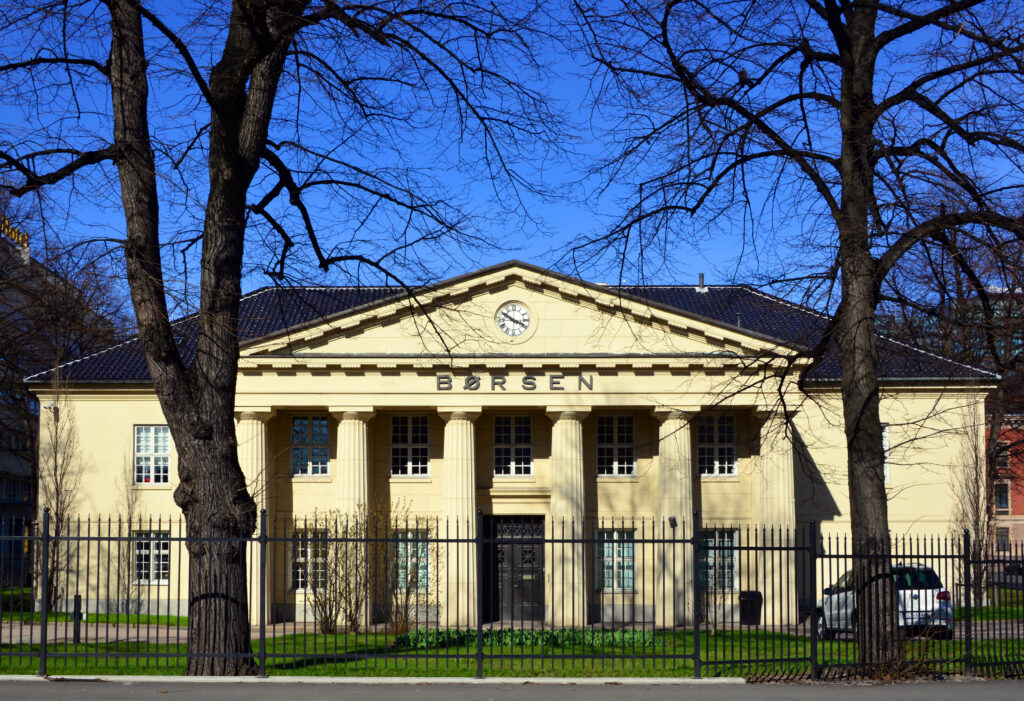
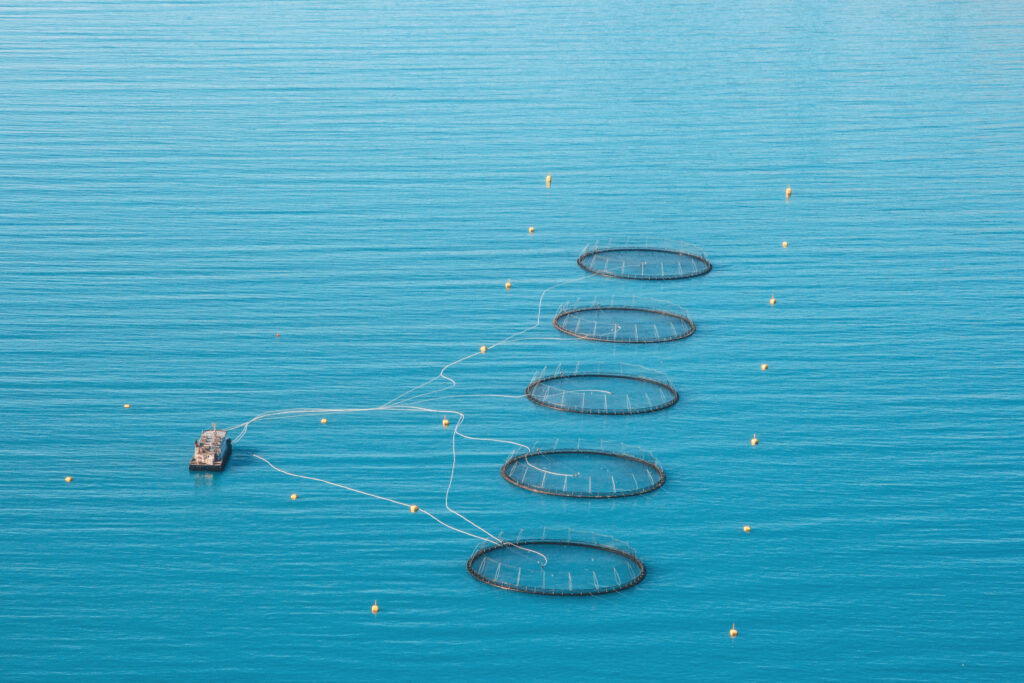
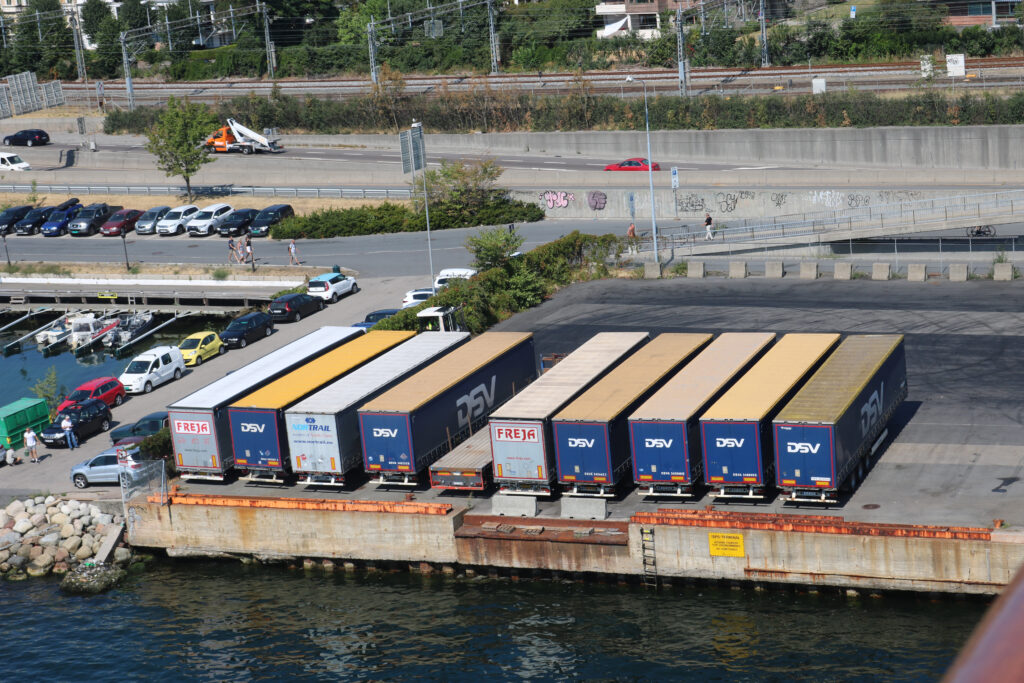
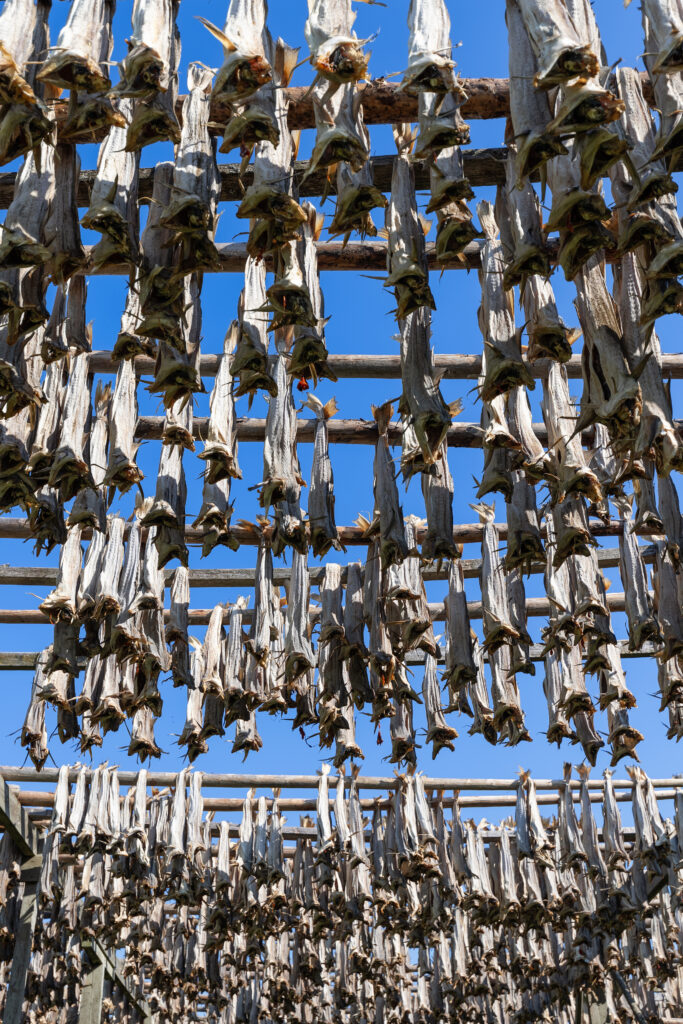
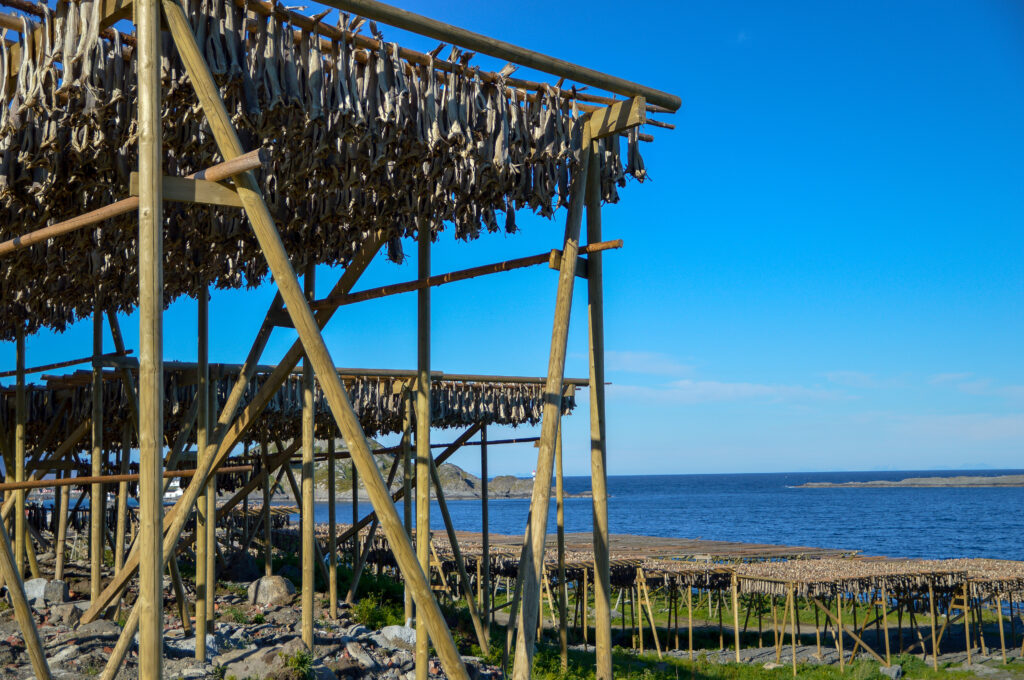
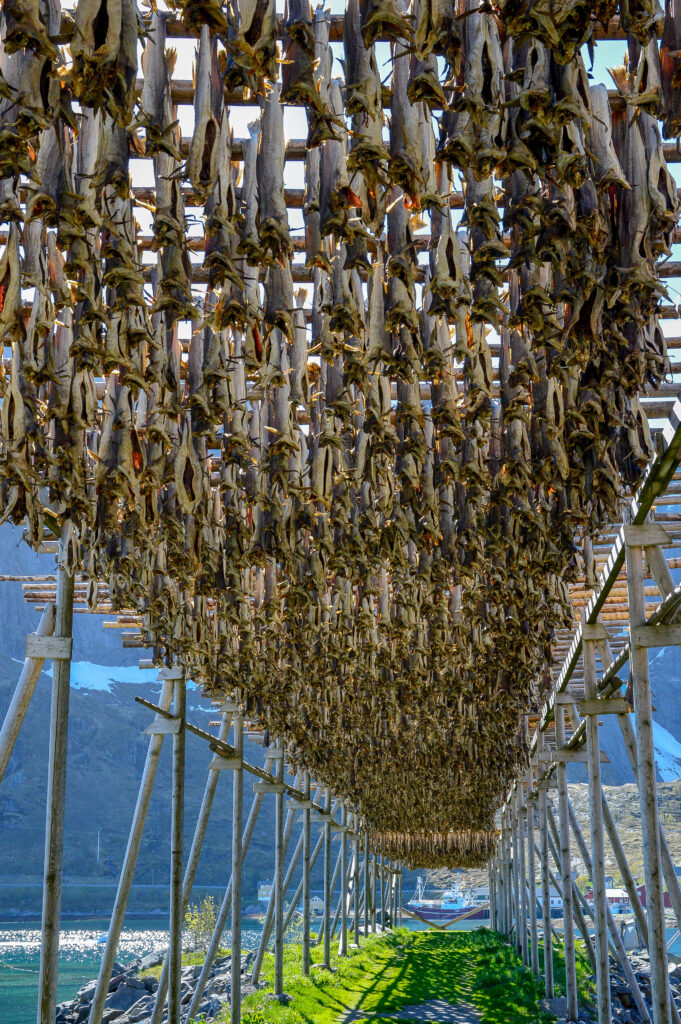
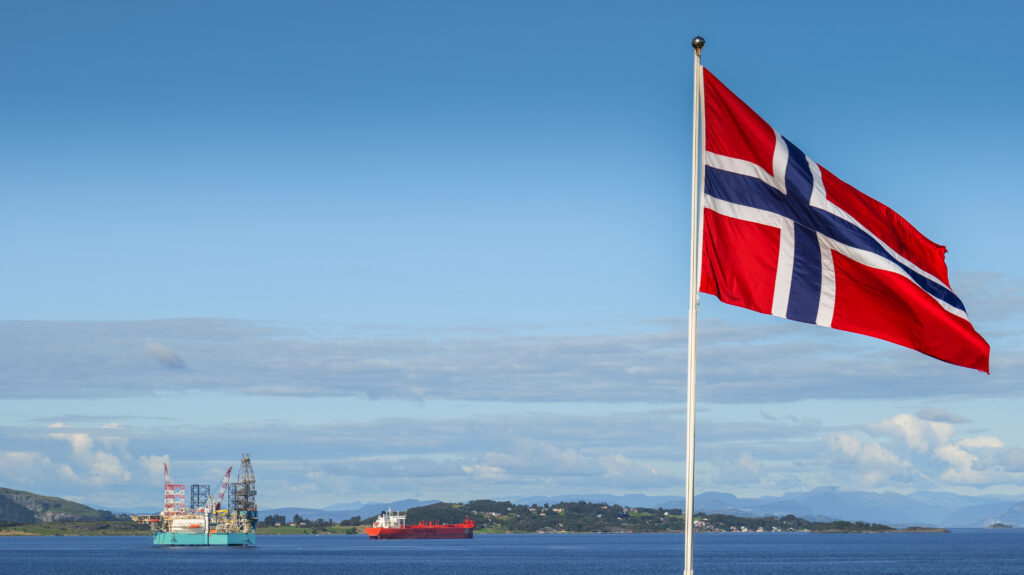
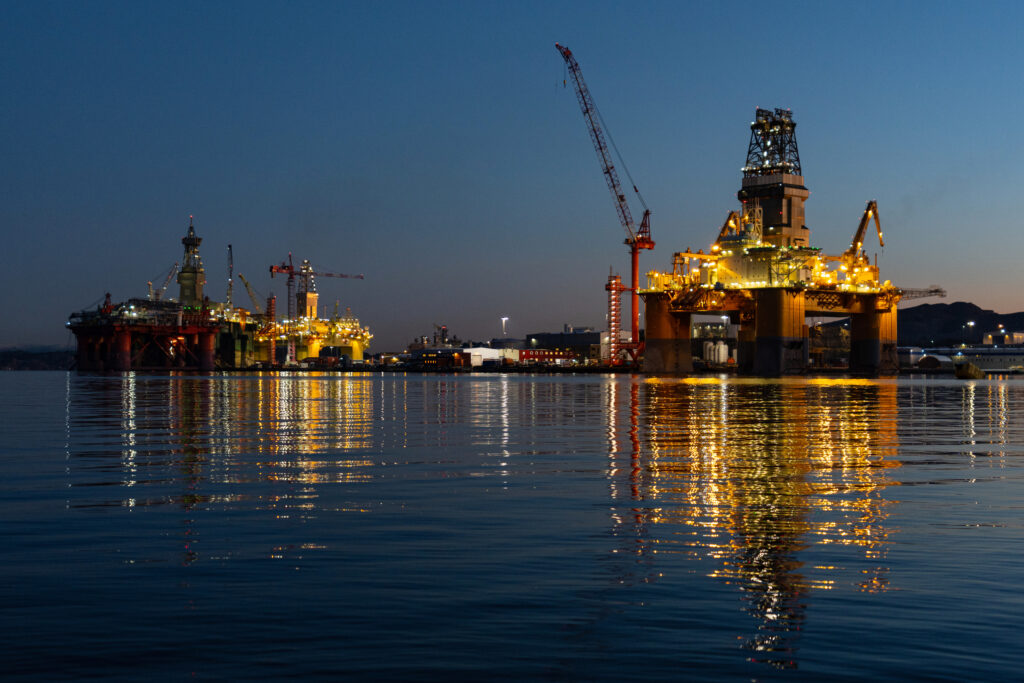

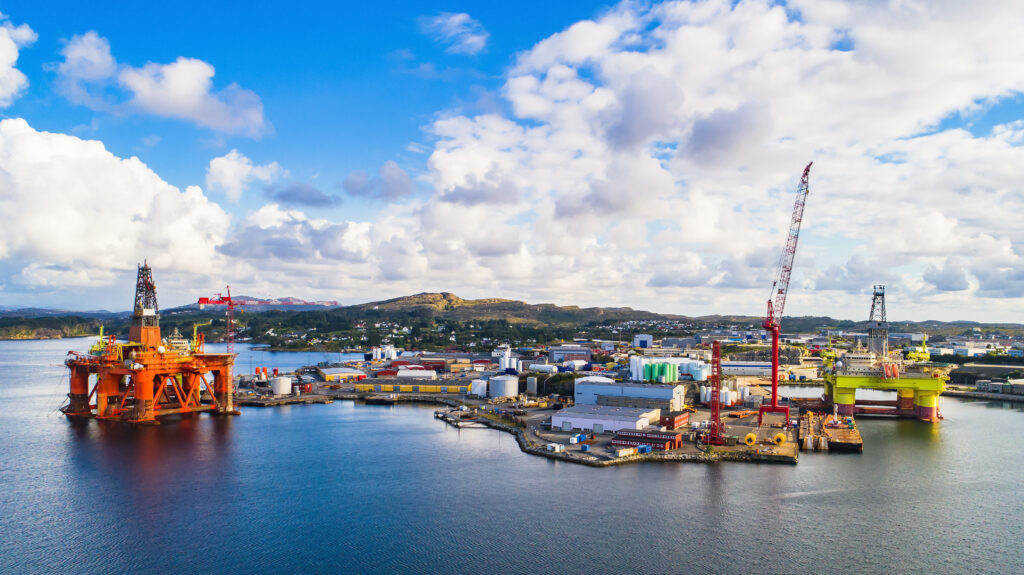
Throughout its history, Norway has also maintained a strong cultural identity, with its language, literature, and traditions influenced by both its indigenous Sami population and external influences from neighboring countries and beyond.
Find places and hotels in Norway.
Find more Europe gems.
